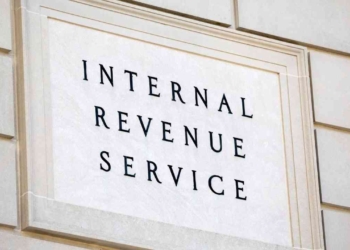American taxpayers who are not required to file by the IRS may be missing out on a tax refund payment in 2025. Some people believe that they do not qualify for a tax refund because they have limited earnings and they did not pay much money on tax. However, they are overlooking refundable credits which they may be eligible for.
If you are in this situation, you may be leaving a great deal of money on the table. Therefore, it is essential that you check your eligibility for the most common IRS tax credits, which are refundable in the United States.
IRS requires filing to get refundable credits
For your information, the IRS cannot send a tax refund, even if you qualify for it, unless you file your 2024 tax return. Yes, believe it or not, if you did not pay any tax, you may still qualify for a refund.
Of course, you must qualify for a refundable tax credit. As a matter of fact, the IRS claims that taxpayers have 3 years to claim a tax refund. Tax credits are amounts you subtract from your bottom-line tax due when you file your federal income tax return in the United States.
The best thing about refundable tax credits is the fact that they go beyond. They give you any remaining credit as a refund. Getting used to filing tax returns even if you are not required can help you get extra money each year if you qualify for these credits.
IRS refundable credits you may be missing out on
One of the most common refundable tax credits is the Earned Income Tax Credit. It is popularly known as EICT. The main requirements to qualify for this refundable tax credit are:
- have under $11,600 in investment income
- earn less than a specific income level from working
For example, the income level ranges from the amount of $18,592 if you live on your own, that is, you are single and have no children, up to $66,819 if you are filing jointly because you are married and have 3 or more kids.
Source:







